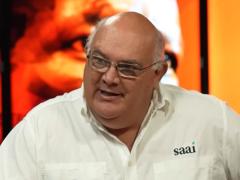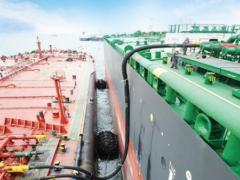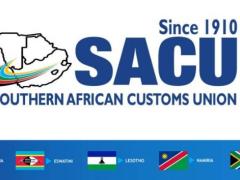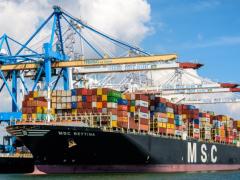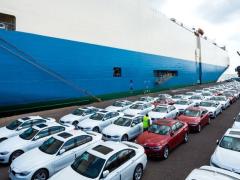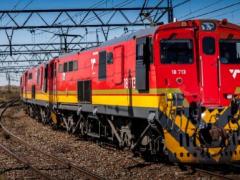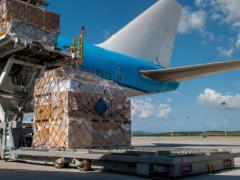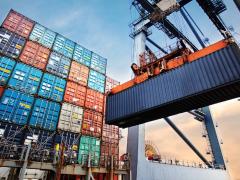Economic growth in the Western and Eastern Cape is being driven by committed local businesses, with politicians and officials either hindering or assisting.Once ruled as a single province, the two halves are now separated by a virtual blue line. The divide is driven home on the border between the two on the R62, where the road transforms from an upgraded transport route on the Western side to a narrow (albeit paved) track without shoulders.What is common is that the provincial governments need business to become involved in upgrading the logistics infrastructure of roads, rail, ports and airports to support economic growth and job creation.The difference lies in the philosophies of the two governing parties – a pro-business Democratic Alliance in the Western Cape and the largely socialist tendencies of Eastern Cape leaders, combined with a higher tolerance for corruption.The Western Cape’s “Growth for Jobs Strategy” is premised on a recognition that the private sector creates jobs, while the state needs to create an environment in which people and businesses are enabled to create and exploit opportunities as they arise. “This kind of ‘horizontal’ enablement empowers citizens and fosters independence, freedom and self-reliance,” states the Western Cape Department of Economic Development and Tourism.Speaking at an April meeting between the national executive and the Eastern Cape Executive Council, President Cyril Ramaphosa was candid about the failings of leadership in the province.“The province’s growth and development are significantly hampered by poor governance, mismanagement of public resources, and corruption – particularly at a municipal level,” he said. He called on national and provincial leaders to work together to ensure the province’s natural wealth and potential were translated into meaningful development – without mentioning the role that the private sector could and is willing to play.Business has been engaged through the province’s Provincial Investment Council (PIC), which was inaugurated in November 2024.Its members include the leaders of national and provincial businesses.“The Council is intended to assist in improving investment coordination and cooperation across all tiers of government and further enhance interactions and collaboration between government and industry stakeholders on trade and investment matters,” Premier Oscar Mabuyane said at the inauguration.In his state of the province address, Mabuyane did not refer to the PIC, but ended with “we implore our people, private sector and social partners, to heed our clarion call of doing more together, to build a thriving Eastern Cape”. ER
Business drives growth amid political divide
Comments | 0

